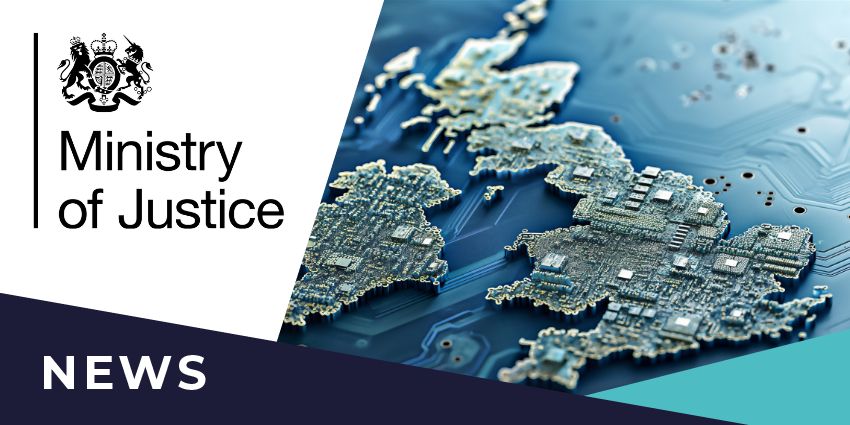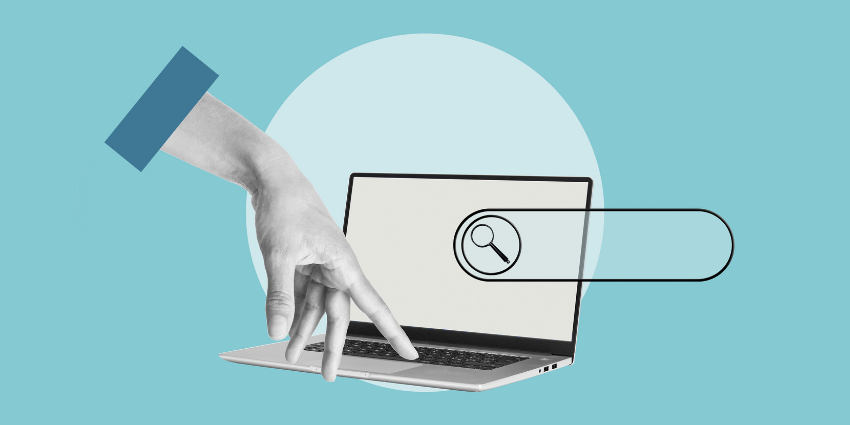The UK has agreed to an international treaty designed to protect people from the threats posed by artificial intelligence.
Lord Chancellor Shabana Mahmood signed the new framework, agreed by the Council of Europe, committing the UK to take action to keep the public safe from the evolving technology.
- Ethical AI: The Biggest Challenges with AI and Ethics
- Artificial Intelligence vs Machine Learning: What’s the Difference?
- The Top Artificial Intelligence Events for 2024 and 2025
Countries outside of Europe have also been asked to sign the treaty, including the US and Australia.
According to the Ministry of Justice, a central UK government department governing the country’s legal system, this marks the “first legally-binding international treaty on AI”.
Lord Chancellor and Justice Secretary Shabana Mahmood, expressed the need for humans to retain control over AI: “Artificial Intelligence has the capacity to radically improve the responsiveness and effectiveness of public services, and turbocharge economic growth.
“However, we must not let AI shape us – we must shape AI. This convention is a major step to ensuring that these new technologies can be harnessed without eroding our oldest values, like human rights and the rule of law.”
Risk versus Reward
On the one hand, AI has the potential is deliver significant benefits to society, such as increasing productivity and helping to detect cancer.
Nevertheless, AI has already been shown to have the potential to adversely affect the public through spreading disinformation and producing misleading results based on a biased data set.
The treaty legally binds countries to ensure that AI developments are abiding by a clear set of rules and to take proactive steps to bring an end to AI models that cross these boundaries.
The three key areas to require safeguarding agreed within the treaty were human rights, democracy, and the rule of law.
UK laws and procedures will be updated as soon as the treaty has been officially ratified.
The Ministry of Justice believes that the convention will create a ‘united front’ to help mitigate against the dangers of AI.
It has revealed that the government will work with regulators, devolved administrations, and local authorities to ensure it is effectively implemented.
Secretary of State for Science, Innovation and Technology, Peter Kyle, showed his support for the treaty: “AI holds the potential to be the driving force behind new economic growth, a productivity revolution and true transformation in our public services, but that ambition can only be achieved if people have faith and trust in the innovations which will bring about that change.
“The Convention we’ve signed today alongside global partners will be key to that effort.
“Once in force, it will further enhance protections for human rights, rule of law and democracy, – strengthening our own domestic approach to the technology while furthering the global cause of safe, secure, and responsible AI.”
The UK has leapt to the centre of world stage when it comes to AI safety and regulation, having recently hosted the AI Safety Summit and co-hosted the AI Seoul Summit.
It also setup the world’s first AI Safety Institute in November 2023, as well as taking a pivotal role in the discussions which underpinned this latest treaty.
Finally, the King’s Speech in July this year confirmed the government would introduce new laws to address the development of AI models.








